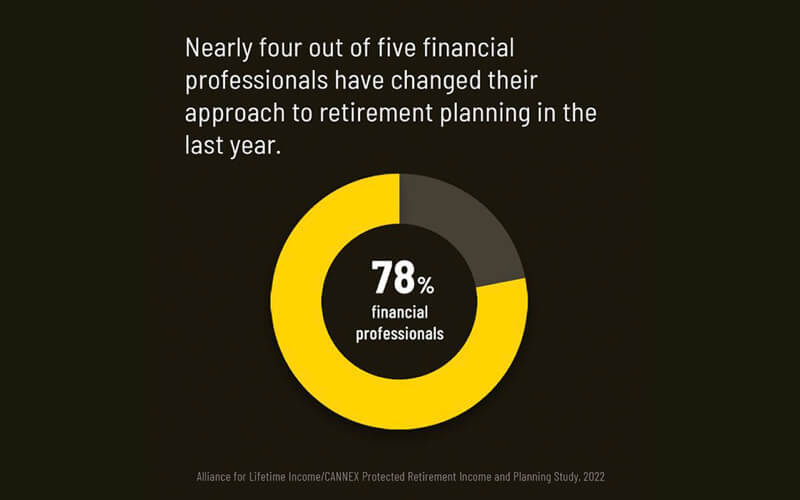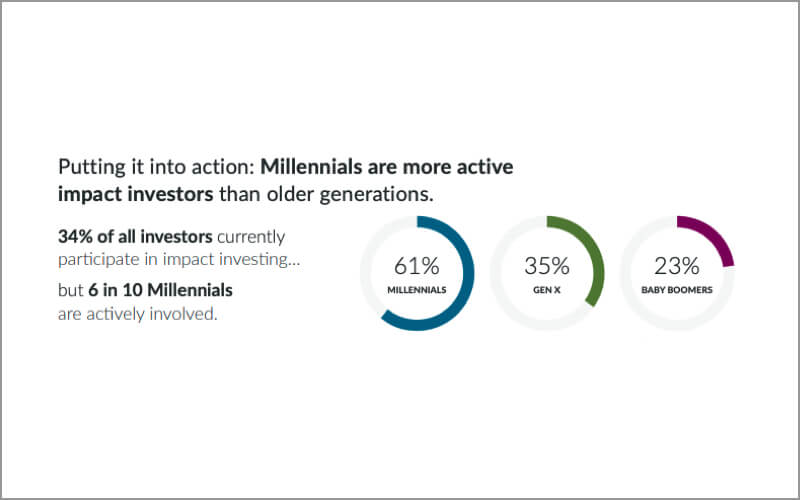No one knows. But we can guess.
Our clients in the financial and health industries have an interest in the question, and more importantly, the answers that people give. So we like the WSJ Blog published on November 6, 2014: Americans are Bad at Guessing How Long They’ll Live.
This is based on a longitudinal study which appeals to our researcher genes. Here’s an excerpt: “In 1992 researchers at the University of Michigan’s Health and Retirement Study began asking people in their late 50s to estimate their odds of living to the age of 75, and have followed them since. New research… shows just how poor a job those initial respondents have done.”
The short answer: most underestimated how long they’d live. As a result, many people face the possibility of running out of retirement savings before they die, which can impact their quality of life while they live.
We’re keeping a close eye on the issues in this space because these are central elements of the trend in our American culture of moving from paternalistic arrangements to more self-directed responsibilities: what we refer to in the retirement space as the move from a defined-benefits to a defined-contributions society. Americans must now make important, informed decisions about retirement savings and healthcare insurance. Many organizations are poised to help them, and are doing good research on how people approach these decisions. Check out the study conducted by Ameriprise for an example.
For a summary of our own work in this realm, Artemis Strategy Groups’ MOTIVATIONS ASSESSMENT PROGRAMTM, send us an email, and we’ll share our research. For more on this subject look for our upcoming webinar: Mapping the Intersection of Attitudes on Health and Wealth.



